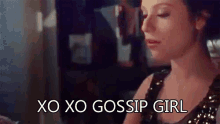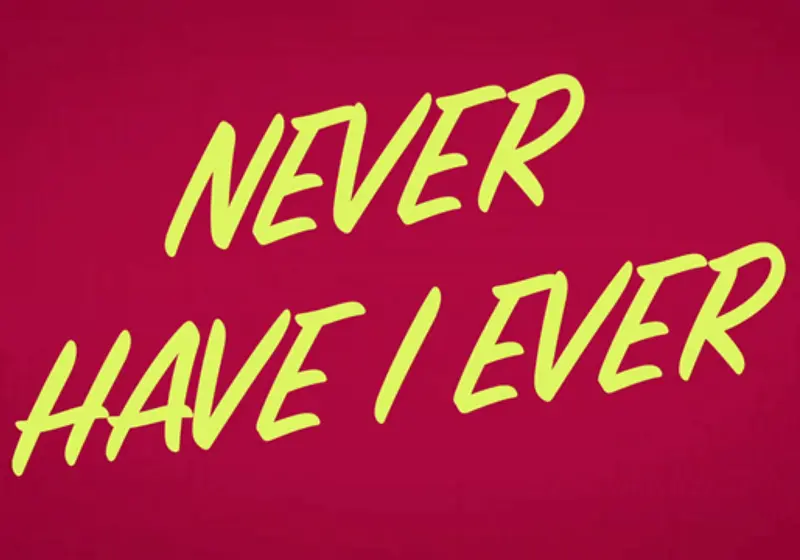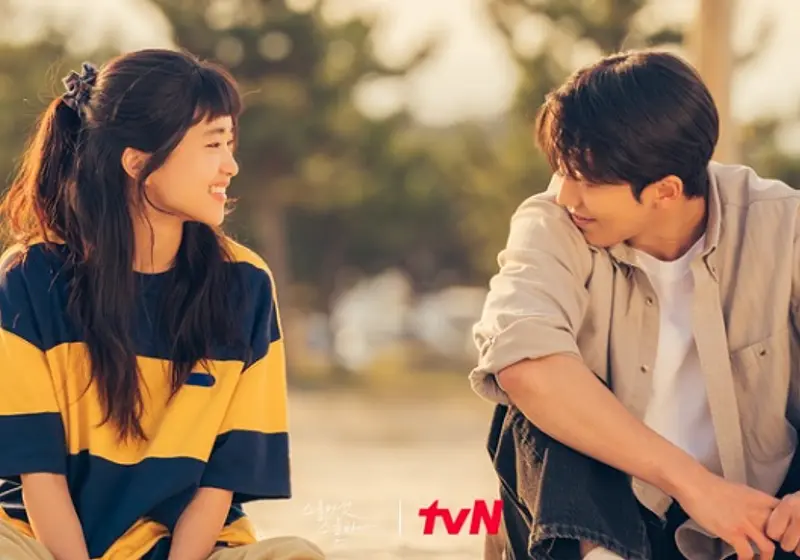The White Lotus is an incredibly clever show directed and produced by Mike White. While it's an enticing show to binge, there's no denying the loads of symbolism embedded into each episode. When I started S1E1 of the show, I was initially confused as to what the plot was. After turning to TikTok (I know...) to do some research, I learned that there was a ton of hidden messages within the dialogue.
In my English class this year, we've done a lot of film analysis surrounding the themes of racism, sexism, and wealth dynamics. Given the experience I've gained this year examining films such as Pocahontas (1997), Pleasantville (1998), Rosewood (1997), and others, I was feeling particularly motivated to take on The White Lotus. Here are some of the most prevalent and important themes and messages I noticed in the show:
Let us slide into your dms 🥰
Get notified of top trending articles like this one every week! (we won't spam you)1. The Wealthy Listen More Than They Speak
In the first episode of The White Lotus, there's a key moment where Olivia and her friend Paula are lounging by the pool, listening to Rachel speak about her recent marriage and insecurities surrounding her career. While Rachel goes on about her fears of losing her identity after marrying into wealth, Olivia and Paula refrain from interrupting—at least at first. Instead, they exchange many smirks, clearly judging Rachel while letting her ramble. This scene illustrates a specific kind of power dynamic.
For the wealthy (or those raised wealthy), listening becomes a way to control the conversation without needing to contribute to it. When Olivia and Paula remained silent, it allowed them to observe, judge, and maintain the upper hand, while Rachel, on the other hand, appeared as though she was seeking validation or acceptance. In almost every situation, the rich hold the social capital.
Because of this, they don’t need to impress or persuade anyone. Instead, by simply being present, they almost force others to perform for them in a way. Rachel, meanwhile, exposes her vulnerabilities while trying to connect with the girls, but Olivia and Paula’s silence reinforces the fact that they are her audience, not her equals.

Image Credit: Recal Media from Pexels

Take the Quiz: Which ’90s Movie Character Are You?
Are you ready to travel back to the iconic ’90s and discover which unforgettable movie character matches your personality? Take this quiz to find out!
2. Culture is Displayed, Not Understood
In both seasons one and two, there is a display of culture with a lack of regard towards it. In season one, Kai opens up to Paula on the beach about how he and his family were displaced due to the rise of development in Hawaii because of the tourism industry. He explains that the land that once belonged to his people was taken from them, and now they’re left to work in service roles for the wealthy tourists who benefit from the stolen history.
A prime example of this account is when Kai and a few other dancers are performing a traditional hula dance for the hotel guests at dinner. They take photos, nod appreciatively, and then return to their wine and complaints, as if the Hawaiian performers are just props in their world. This is an example of a broader form of racism. It isn't quite as overt, but the entitlement and superiority from which racism stems are completely present.
In season two, the setting changes from Hawaii to Sicily, yet the same dynamic of disregard for culture persists. This one minor, yet powerful symbol, the Testa di Moro ceramic head, is constantly being shown by the camera throughout the entire season. This ceramic head symbolizes a Sicilian legend of love, luck, betrayal, and revenge. However, in the resort, they’re reduced to decor to add “local flavor” for the guests.
A telling moment occurs when Harper and Ethan are having [censored] in their hotel room and accidentally knock one of the heads over. Instead of reacting with concern or even mild interest in what it represents, they barely acknowledge it. The head remains shattered on the floor, symbolic not just of the way that tourists interact with local culture, but a literal breaking of history, tradition, and meaning.

Image Credit: Rachel Claire from Pexels
3. Femininity is a Tool, Masculinity is Power
A common theme I've noticed after finishing the first two seasons of The White Lotus is that many relationships were transactional. In season one, Tanya and Belinda’s relationship begins with emotional vulnerability but quickly becomes one-sided and exploitative. Tanya, a wealthy white woman, becomes dependent on Belinda, a Black spa manager, for emotional support and healing.
To me, it seemed as if they bonded over the shared experience of being women, despite their many differences, pertaining to how they used femininity as a tool to bond. Eventually, Tanya comes to discard Belinda once her needs are met. This instance is an example of the emotional labor often expected from women without reciprocity or recognition.
In season two, gender dynamics shift to be more sexual and manipulative. Characters like Lucia and Mia use their sexuality as a tool for money and mobility, particularly within the resort’s draw of elite clientele. Meanwhile, Harper and Daphne navigate their marriages in drastically different ways.
Harper challenges her husband's behavior directly when she becomes suspicious that he cheated on her, while Daphne subtly exerts power through a strategically passive attitude. Instead of confronting her husband’s infidelity, Daphne chooses to act unbothered for her own moral sanity. I believe she chose to do this as a means to keep power, as opposed to letting her emotions break her down. Both examples suggest how women often adapt to or manipulate gender expectations in order to maintain power in spaces where men often hold more.

Image Credit: David McBee from Pexels
Final Thoughts
After finishing the first two seasons of The White Lotus, it's clear how intentional the underlying messages are. The show is a social satire that examines essential issues in our society. I look forward to beginning season three!






.jpg)





